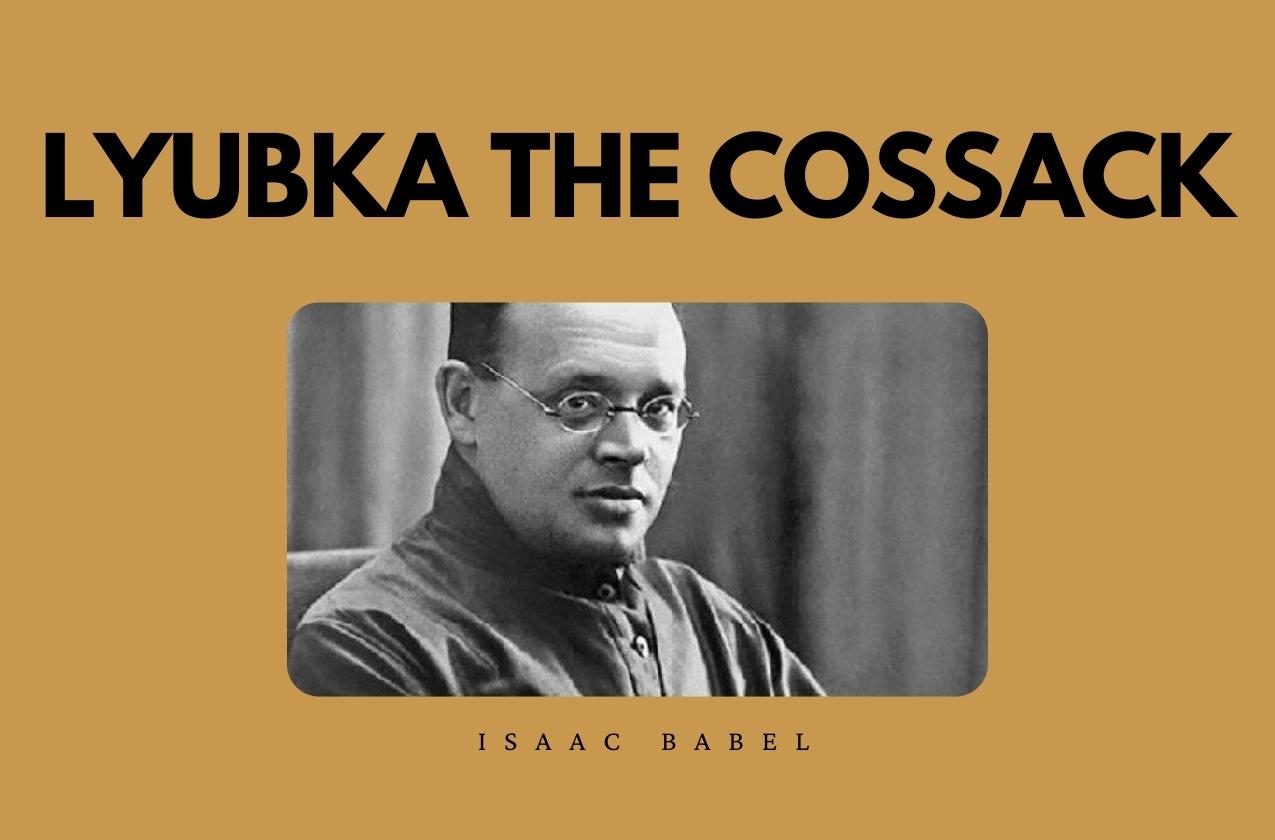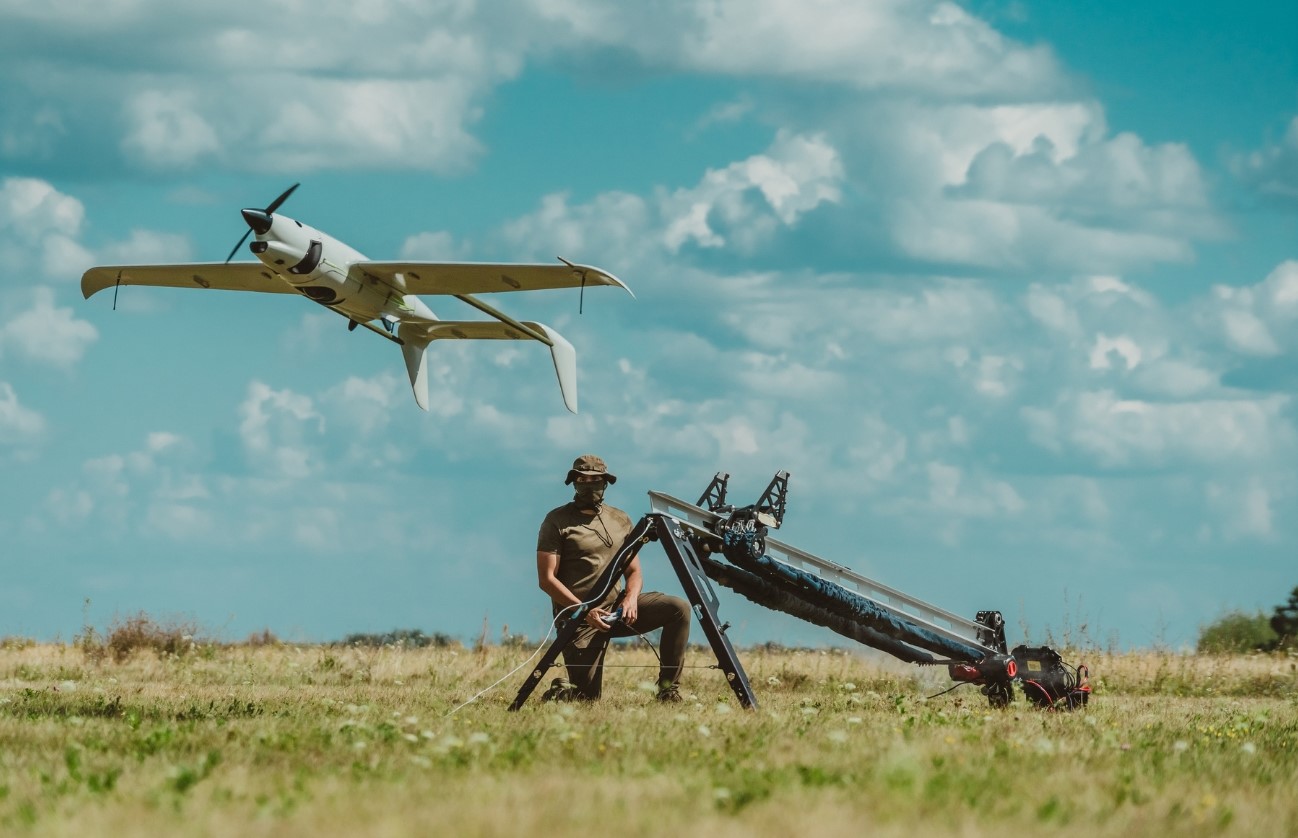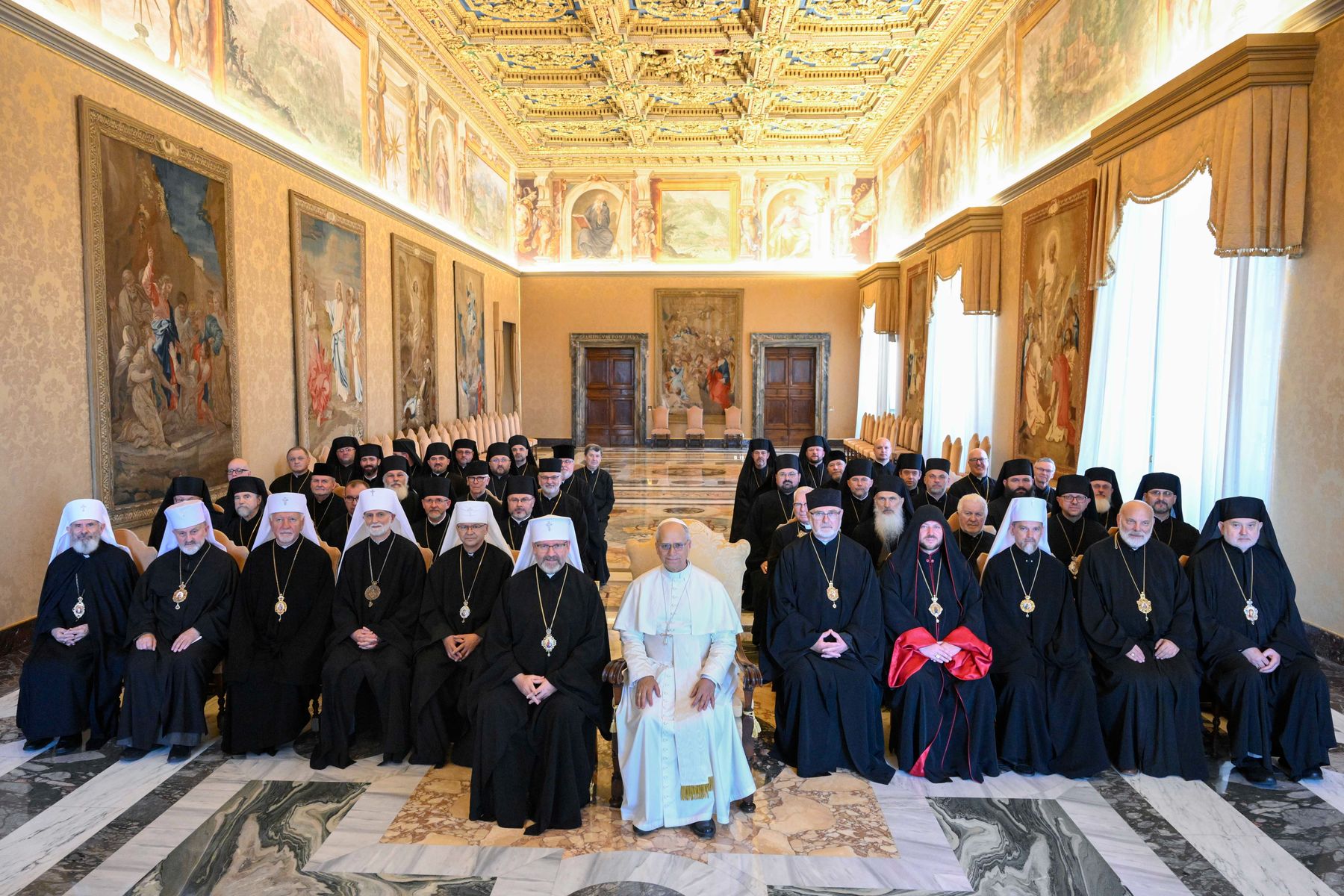Babel was born in Odessa, a cosmopolitan and polyglot city that looked to the sea and beyond. It was, he wrote, the most charming city of the Russian Empire. If you think about it, it is a town in which you can live free and easy. Half the population is made up of Jews, and Jews are a people who have learned a few simple truths along the way.
In the Moldavanka, on the corner of Dalnitskaya and Balkovskaya / Streets, stands Lyubka Shneiweis’s house. In this house there is a wine cellar, an inn, an oat store, and a dovecote for a hundred Kryukov and Nikolayev doves. All these as well as lot number forty-six in the Odessa quarry belong to Lyubka Shneiweis, nicknamed Lyubka the Cossack—only the dovecote is the property of Yevzel, a retired soldier with a medal. On Sundays, Yevzel goes to Okhotnitskaya Square and sells doves to officials from town and to the boys of the neighborhood. Also living in Lyubkas courtyard, besides the watchman, are Pesya-Mindl, cook and procuress, and Zudechkis, the manager, a small Jew with a build and beard like those of our Moldavanka Rabbi, Ben Zkharia. There are many stories I can tell about Zudechkis. The first is the story of how Zudechkis became the manager of the inn that belonged to Lyubka, nicknamed the Cossack. About ten years ago Zudechkis was the middleman in the sale of a horse-drawn threshing machine to a landowner, and in the evening he brought the landowner over to Lyubkas to celebrate the sale. This landowner had not only a mustache, but also a goatee, and wore lacquered shoes. Pesya-Mindl served him gefilte fish, followed by a very nice young lady by the name of Nastya. The landowner stayed the night, and in the morning Yevzel woke Zudechkis, who was lying curled up by Lyubkas door.
“Well!†Yevzel said to him. “Last night you were boasting about how the landowner bought a threshing machine through you! Well, let me inform you that he stayed the night and then at dawn, like the lowest of the low, made a run for it. That’ll be two rubles for the food and four rubles for the young lady. I can see you’re a slippery old con!â€
But Zudechkis wouldn’t pay. So Yevzel shoved him into Lyubka’s room and locked the door.
“Well!†the watchman said. “You’re going to stay right here till Lyubka gets back from the quarry, and with the help of God she will beat the soul out of you! Amen!â€
“Jailbird!†Zudechkis shouted after the soldier, and looked around the room. “All you know about is your doves, you jailbird! But I still have some faith in God who will lead me out of here, the way He led all the Jews first out of Egypt and then out of the desert!â€
There was much more that the little middleman wanted to tell Yevzel, but the soldier had taken the key and left, his shoes thumping. Then Zudechkis turned around and saw the procuress, Pesya-Mindl, sitting by the window reading The Miracles and Heart of Baal-Shem. She was reading the Hasidic book with gilt edges, and rocking an oak cradle with her foot. In the cradle lay Lyubka’s son, Davidka, crying.
“I see you have a nice setup here in this Sakhalin prison camp! â€Zudechkis said to Pesya-Mindl. “The child lies there, bawling its lungs out so that a man feels pity at the sight of it, while you, you fat woman, sit here like a stone in the woods and don’t even give him a bottle.â€
“You give him a bottle!†Pesya-Mindl answered, without looking up from her book. “That’s if he’ll take a bottle from you, you old crook! He’s as big as a pork butcher, and all he wants is his mama’s milk, while his mama gallops around her quarries, drinks tea with Jews in the Medved Tavern, buys contraband down by the harbor, and thinks of her son as she might think of last year’s snow!â€
“Oy, poor Zudechkis!†the small middleman then said to himself. “You have fallen into the hands of the Pharaoh himself!†And he went over to the eastern wall of the room, muttered the whole Morning Prayer with addenda, and then took the crying infant in his arms. Davidka looked at him in bewilderment and waved his little crimson legs covered in infant’s sweat, and the old man started walking up and down the room and, rocking like a tsaddik in prayer, began singing an endless song.
“Ah-ah-ah,†he began singing. “Now all the children will get nothingand-a-half, but our little Davidka will get some buns, so he will sleep both night and day . . . ah-ah-ah, now all the children will get a good punch in the ...â€
Zudechkis showed Lyubkas son his fist with its gray hairs, and repeated the song about getting nothing-and-a-half and buns until the boy fell asleep and the sun had reached the middle of the shining sky. It reached the middle and began quivering like a fly weakened by the heat. Wild muzhiks from Nerubaiska and Tatarka who were staying at Lyubkas inn crawled under their carts and fell into a wild and sonorous sleep; a drunken workman went out to the gates and, dropping his plane and his saw, collapsed on the ground and began snoring then and there, surrounded by the golden flies and the blue lightning of July. Wrinkled German settlers who had brought Lyubka wine from the borders of Bessarabia sat nearby in the shade. They lit their pipes, and the smoke from their curved chibouks blended with the silver stubble of their old, unshaven cheeks. The sun hung from the sky like the pink tongue of a thirsty dog, the immense sea rolled far away to Peresip, and the masts of distant ships swayed on the emerald water of Odessa Bay. The day sat in an ornate boat, the day sailed toward evening, and halfway toward evening, at five o’clock, Lyubka came back from town. She rode in on a little roan horse with a large belly and an overgrown mane. A fatlegged young man in a calico shirt opened the gate for her, Yevzel grabbed hold of the bridle of her horse, at which point Zudechkis called down to Lyubka from his prison cell, “My respects, Madam Shneiweis, and good day to you! You simply go off on a three-year trip, and throw your hungry child at me!â€
“Shut your ugly trap!†Lyubka shouted back at the old man, and jumped off the horse. “Who’s that yelling out my window?â€
“It’s Zudechkis, a slippery old con,†the soldier with the medal explained to his mistress, and began telling her the whole story about the landowner, but didn’t get to the end because Zudechkis interrupted him, yelling with all his might.
“This is an outrage!†he yelled, hurling down his skullcap. “This is an outrage to throw a child at a stranger and simply go off on a three-year trip! Come here this instant and give him your breast!â€
“You wait till I come up there, you crook!†Lyubka muttered, and ran to the stairs. She came into the room and pulled her breast out of her dusty blouse.
The child stretched toward her and gnawed at her monstrous nipple, but didn’t strike milk. A vein protruded on the mother’s brow, and, shaking his skullcap, Zudechkis said to her,
“You’re such a greedy woman, Lyubka! You want everything for yourself1. You snatch at the whole world, the way a child snatches at a tablecloth to get at breadcrumbs! You always have to have the best wheat and the best grapes! You want to bake white bread in the blaze of the sun, while your little baby, your sweet little pumpkin, is drying up without milk!â€
“How am I supposed to have milk!†the woman yelled, kneading her breast. “The Plutarch pulled into port today and I had to cover fifteen versts in the heat! But don’t think you can hoodwink me with your stories, you old Jew! Give me my six rubles!â€
But again Zudechkis wouldn’t pay. He rolled up his sleeve, and jabbed his thin, dirty elbow into Lyubka’s mouth.
“Choke, you jailbird!†he shouted, and spat into the corner.
Lyubka stood there for a while with the foreign elbow in her mouth, then took it out, locked the door, and went out into the courtyard. Waiting for her there was Mr. Trottyburn, who resembled a pillar of red meat. Mr. Trottyburn was the chief engineer on the Plutarch. He had brought Lyubka two sailors. One of the sailors was an Englishman, the other a Malay. The three of them were lugging into the courtyard contraband they had brought from Port Said. The box was heavy. They dropped it on the ground, and out of the box tumbled cigars tangled with Japanese silk. A horde of women came running to the box, and two wandering gypsy women came slyly edging nearer.
“Get out of here! Scum!†Lyubka yelled at them, and led the sailors to the shade of an acacia tree.
They sat down at a table. Yevzel brought them wine, and Mr. Trottyburn began unwrapping his merchandise. Out of his bale he took cigars and delicate silks, cocaine and metal jiggers, uncut tobacco from the state of Virginia, and black wine bought on the Island of Chios. Each item had a special price, and each figure was washed down with Bessarabian wine with its bouquet of sunshine and bedbugs. Twilight was already flooding the courtyard, twilight was flooding in like an evening wave over a wide river, and the drunken Malay, completely taken aback, poked Lyubkas breast with his finger. He poked it with one finger, then with each of his fingers, one after the other.
His yellow and tender eyes hung above the table like paper lanterns on a Chinese street. He started singing, barely audibly, and toppled onto the ground as Lyubka punched him with her fist.
“A nice literate fellow, that one!†Lyubka said to Mr. Trottyburn. “That Malaysians making me lose my last drop of milk, while that Jew up there wont stop badgering me for it!â€
And she pointed at Zudechkis, who was standing by the window, washing his socks. A small lamp was smoking in Zudechkiss room, his tub frothed and hissed, he leaned out the window sensing that they were talking about him, and in despair started yelling down to them.
“Save me, you people!†he yelled, waving his hands.
“Shut your ugly trap!†Lyubka yelled back, and burst out laughing. “Shut up!â€
She threw a stone at the old man, but didn’t manage to hit him. She then grabbed an empty wine bottle. But Mr. Trottyburn, the chief engineer, took the bottle away from her, aimed, and flung it through the open window.
“Miss Lyubka,†the chief engineer said, rising, pulling his drunken legs toward himself. “Many worthy individuals have come to me, Miss Lyubka, to trade, but I trade with no one, not with Mr. Kuninson nor with Mr. Bats, nor with Mr. Kupchik, no one but you, because I find your conversation so agreeable, Miss Lyubka.â€
And, gaining a foothold on his wobbly legs, he grabbed his sailors by their shoulders—the one an Englishman, the other a Malay—and began dancing with them through the cooling courtyard. The men from the Plutarch danced in deeply pensive silence. An orange star had slid right down to the edge of the horizon and was staring them in the face. Then they took their money, grabbed each other by the hand, and went out into the street, swaying the way hanging lamps sway on a ship. From the street they could see the sea, the black waters of Odessa Bay, little toy flags on sunken masts, and piercing lights that had ignited in the spacious depths. Lyubka walked her dancing guests to the intersection. She stayed back alone in the empty street, laughed to herself, and went home. The sleepy young man in the calico shirt locked the gates behind her, Yevzel brought his mistress the proceeds of the day, and she went upstairs to sleep. There Pesya-Mindl, the procuress, was already slumbering, and Zudechkis was rocking the oak cradle with his bare feet.
“How youVe tortured us, you shameless woman!†he said, and took the child out of the cradle. “But here, watch me and you might learn a thing or two, you foul mother, you!â€
He laid a thin comb on Lyubkas breast and put her son into her bed. The child stretched toward his mother, pricked himself on the comb, and started to cry. Then the old man pushed the bottle toward him, but Davidka turned away from the bottle.
“Is this some spell you’re putting on me, you old swindler?†Lyubka muttered, dozing off.
“Shut up, you foul mother, you!†Zudechkis said to her. “Shut up and learn, may the devil take you!â€
The baby pricked himself on the comb again, hesitantly took the bottle, and began sucking.
“There!†Zudechkis said, and burst out laughing. “I have weaned your child! I can teach you a thing or two, may the devil take you!†Davidka lay in his cradle, sucking on his bottle and dribbling blissfully. Lyubka woke up, opened her eyes, and closed them again. She saw her son, and the moon forcing its way through her window. The moon jumping into black clouds, like a straying calf.
“Well, fair enough,†Lyubka said. “Unlock the door for Zudechkis, Pesya-Mindl, and let him come tomorrow for a pound of American tobacco.â€
And the following day Zudechkis came for a pound of uncut tobacco from the state of Virginia. He was given it, and a quarter pound of tea was thrown in. And within a week, when I came to buy a dove from Yevzel, I ran into the new manager of Lyubkas courtyard. He was tiny, like our Rabbi Ben Zkharia. Zudechkis was the new manager. He stayed at his post for fifteen years, and during that period I heard a great number of stories about him. And if I can manage, I will tell them one after another, because they are very interesting stories.
Translated by Peter Constantine
1925





















